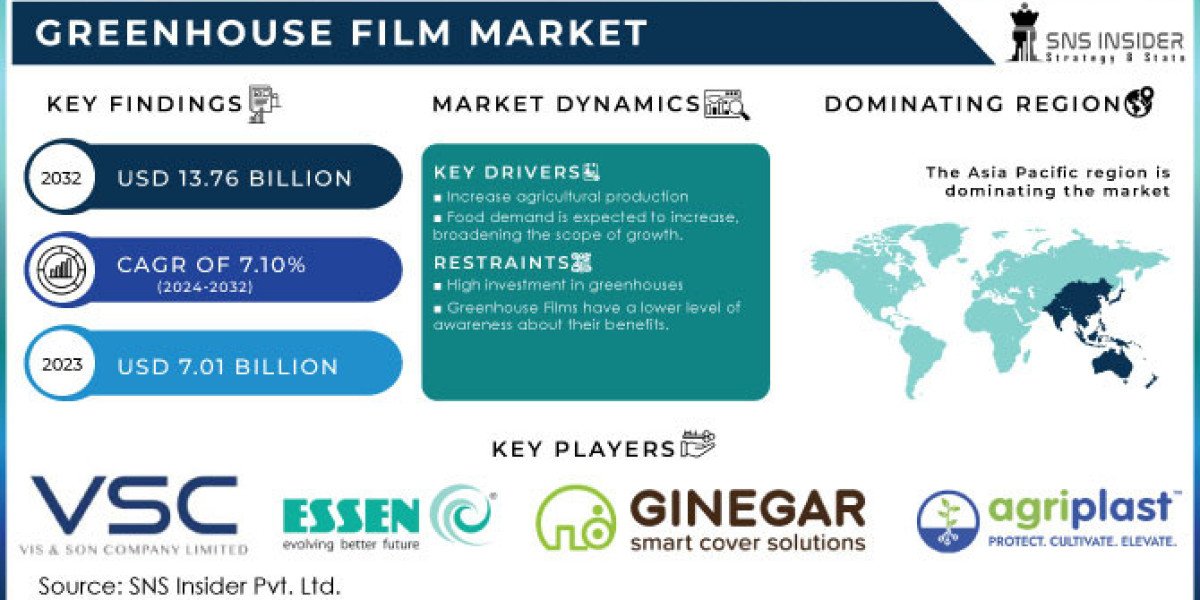The global antibody therapy market is on a strong growth trajectory, projected to expand at a CAGR of 13.4% from 2023 to 2033. With a valuation of USD 235 billion in 2023, the market is expected to surpass USD 824 billion by the end of the forecast period, driven by advancements in monoclonal antibody therapies and increasing demand for targeted treatments.
Request a Sample Report Now to get Premium Insights: https://www.futuremarketinsights.com/report-sample#5245502d47422d3134333632
The growing preference for protein-based, non-chemical treatments has fueled the adoption of monoclonal antibody therapy, particularly for cancer and cell-based diseases. Enhanced research and development efforts, supported by government funding, are further strengthening the effectiveness and accessibility of these treatments. Additionally, the expansion of cancer-specialized hospitals is boosting demand for antibody therapies.
The market saw a significant boost during the COVID-19 pandemic, with the FDA approving advanced antibody therapies for treatment, leading to an accelerated CAGR of 18.2% between 2017 and 2022. As immunotherapy and chemotherapy resistance challenges continue, monoclonal antibodies have emerged as a promising alternative due to their high efficacy and reduced side effects.
Key Takeaways:
The antibody therapy market is set to grow from USD 235 billion in 2023 to USD 824 billion by 2033 at a CAGR of 13.4%.
Rising cancer prevalence, regulatory approvals, and R&D collaborations are key growth drivers.
Monoclonal antibodies offer a promising alternative to traditional chemotherapy, addressing tumor resistance and reducing side effects.
Increased demand for targeted therapies and expanded healthcare infrastructure are expected to fuel long-term market growth.
Key Growth Drivers
Increasing Prevalence of Chronic Diseases
The rising incidence of chronic diseases, particularly cancer and autoimmune disorders, is a significant driver for the antibody therapy market. As these conditions become more prevalent, the demand for effective treatment options, such as monoclonal antibodies, increases.
Advancements in Research and Development
Higher government spending on research and development programs has led to significant advancements in antibody therapies. These efforts are producing new and more effective treatments with improved safety profiles, enhancing the overall effectiveness of monoclonal antibody therapies.
Shift Towards Non-Chemical Treatments
Patients are increasingly opting for non-chemical, protein-based therapies like monoclonal antibodies due to their targeted action and reduced side effects compared to traditional chemotherapy. This shift is driving demand for antibody therapies as a preferred treatment option.
Regulatory Approvals and Market Expansion
The increasing number of FDA approvals for advanced antibody therapies, especially during the COVID-19 pandemic, has significantly boosted market growth. These approvals validate the efficacy and safety of these treatments, encouraging further investment and development in the sector.
Growing Cancer-Centric Healthcare Facilities
The expansion of cancer-focused hospitals and treatment centers is facilitating greater access to antibody therapies. As more facilities offer these advanced treatments, patient uptake is likely to increase.
Technological Innovations
Ongoing innovations in biopharmaceuticals, including the development of antibody-drug conjugates (ADCs), are enhancing the therapeutic capabilities of antibody therapies. These advancements allow for targeted delivery of cytotoxic agents directly to cancer cells, improving treatment outcomes while minimizing damage to healthy tissues.
Increased Awareness and Acceptance
There is a growing awareness among patients and healthcare providers regarding the benefits of antibody therapies. This increased acceptance is leading to higher patient enrollment in treatment programs and clinical trials.
Collaborative Research Partnerships
The formation of research partnerships between pharmaceutical companies, academic institutions, and healthcare organizations is fostering innovation in antibody therapy development. These collaborations enhance the therapeutic pipeline and facilitate the introduction of new products into the market.
Future Outlook
The antibody therapy market is expected to maintain robust growth driven by rising chronic disease prevalence, advancements in research and technology, increased regulatory approvals, and expanding healthcare infrastructure focused on cancer treatment. As these factors continue to evolve, the market for antibody therapies will likely flourish over the coming decade, providing critical solutions for patients with complex medical needs.
Major Contributors of the Antibody Therapy Market
Bristol-Myers Squibb,
GlaxoSmithKline plc,
Takeda Pharmaceuticals,
Eli Lilly and Company,
Merck & Co, Inc.,
Seagen, Johnson & Johnson,
Novartis AG,
F. Hoffmann-La Roche Ltd.,
Merck & Co, IncSeagen









